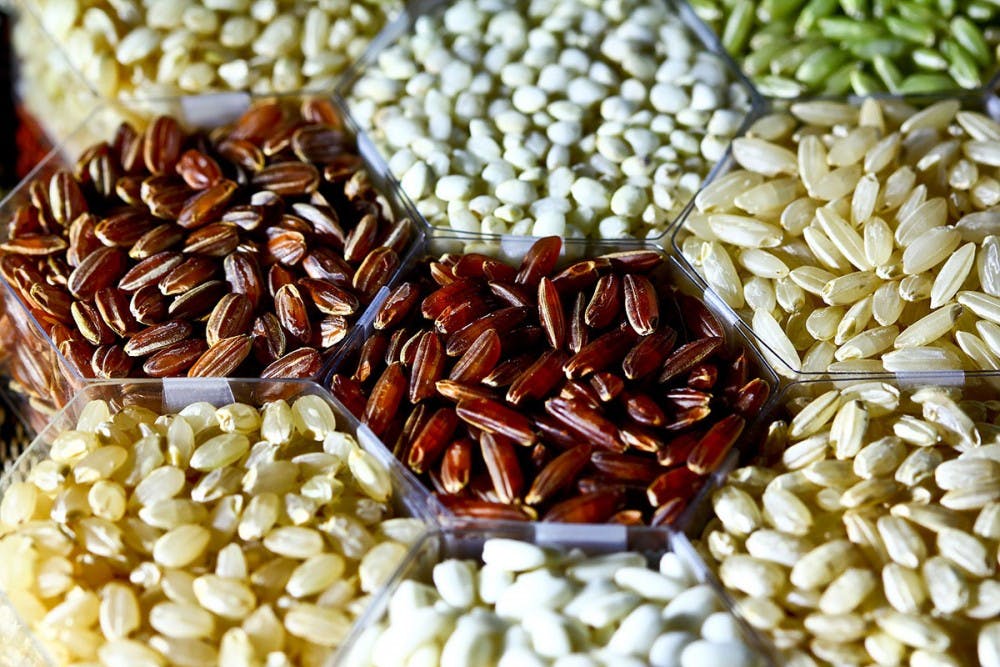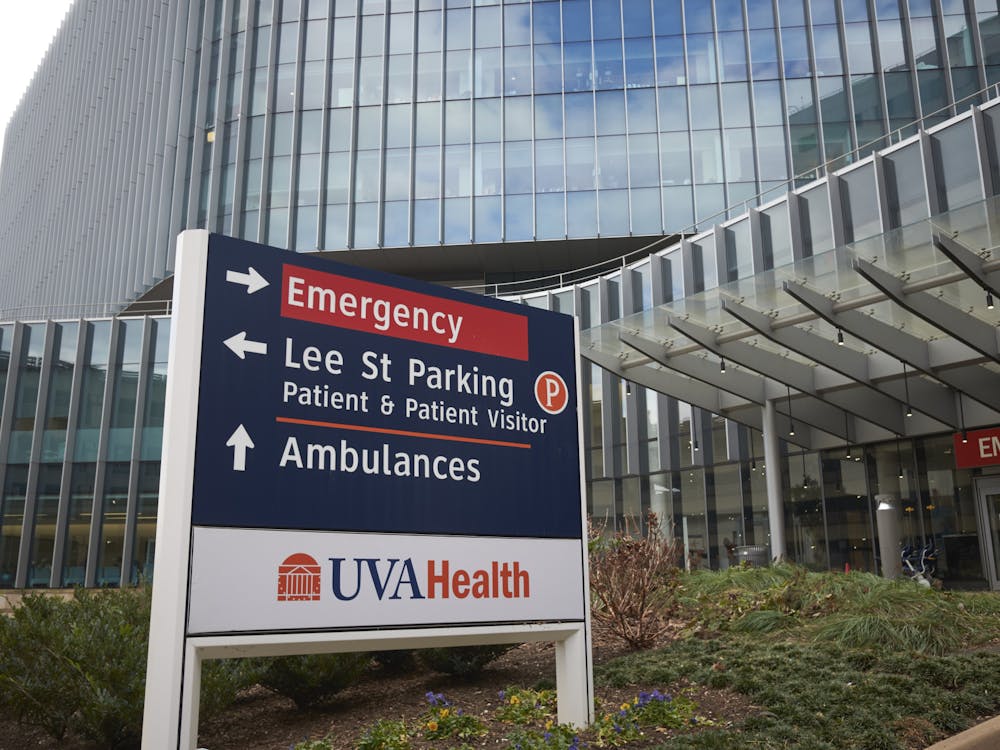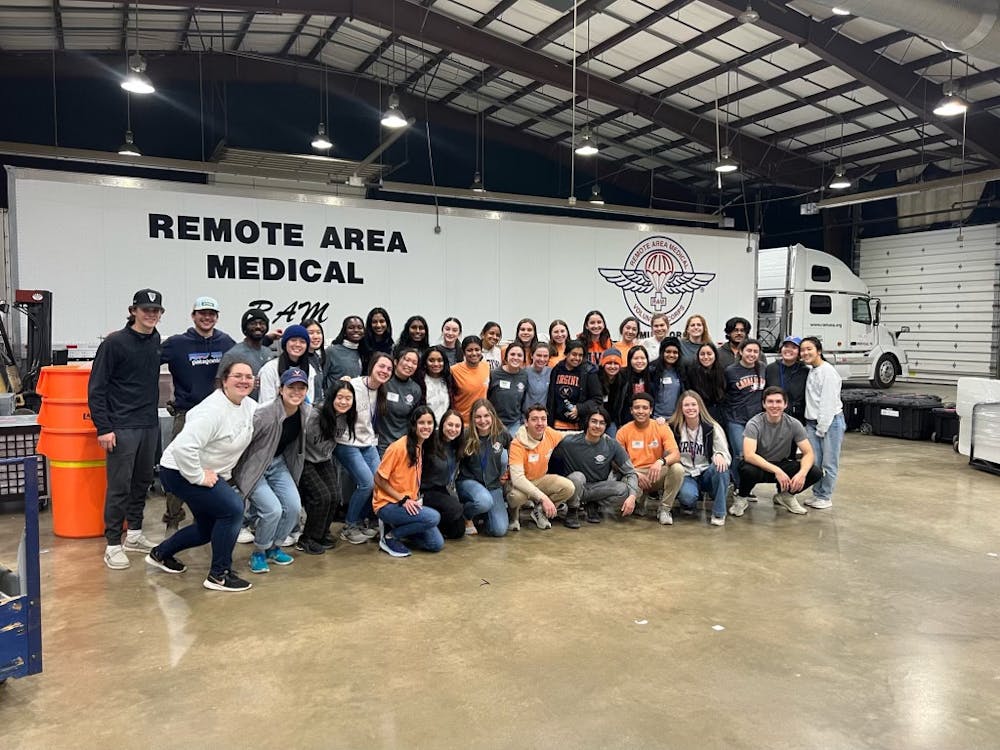Carbohydrate loading is a strategy used to increase the amount of fuel stored within muscles, which frequently improves athletic performance for endurance events that last 90 minutes or more. More specifically, it involves continuing to eat a high-carbohydrate diet while decreasing physical activity levels the week before an event — giving athletes extra energy in the process.
“Carbohydrates are the primary fuel used during exercise, and we have limited carbohydrate storage capacity,” Elson Student Health nutritionist Melanie Brede said. “Carbo loading super saturates carbohydrate stores, extending the availability of this fuel.”
Sources of complex carbohydrates include legumes, grains and starchy vegetables, while simple carbohydrates are usually found in fruits, milk and sugary treats. When the body digests carbohydrates, it breaks them down into sugar. After entering the bloodstream, this sugar moves to individual cells to provide energy and be stored as glycogen. Glycogen is important for the body because it is the primary source of fuel for endurance events.
Most often, carbohydrate loading is done the week before a high-endurance event. Less than a week before the event, it is important to augment carbohydrate intake to roughly 10 grams of carbohydrates per kilogram of body weight, or 70 percent of one’s daily calories. In addition to doing this, it is important to rest the day before the event to improve glycogen storage because it prevents the glucose from being used too quickly.
“Although it can be advantageous, it is not essential,” Brede said.
According to Brede, other options for maintaining energy for long athletic events include drinking sports drinks or eating foods rich in carbohydrates such as fruit, pretzels or sweets. Eating these foods increases free glucose levels in the body without relying on glycogen stores.
Carbohydrate loading can have consequences. According to the director of Sports Nutrition Randy Bird, the one main con of carbohydrate loading is potentially unhealthy weight gain due to an increase in water weight since carbohydrates contain lots of water. For every gram of glycogen stored, one gains approximately 2.7 to four grams of water.
On the other hand, the pros of carbohydrate include more energy and water in the muscles. Since more than 70 percent water makes up skeletal muscle, muscles need this water to do their job, which includes contractions and muscle protein synthesis. Dehydrated muscle cells cause protein production to slow down and protein breakdown to speed up.
“The event needs to be a half marathon or longer,” Bird said in an email to The Cavalier Daily. “If the event is shorter than a half-marathon, then I would say that the cons outweigh the pros.”
Moreover, carbohydrate loading is not effective for everyone. The level of physical fitness athletes have, the amount of water they drink and how intensely they exercise affect the way their body reacts to this strategy. For men, carbohydrate loading can increase their levels of glycogen from 25 to 100 percent of the normal amount. On the other hand, while there has not been enough research done yet for women, women likely need to consume more calories than men to get the same results.
“I do not recommend carbohydrate loading,” Bird said. “I recommend eating after training to adequately refuel and to repair muscle damage. Doing this everyday is more vital to performance than trying to load up before a race.”





